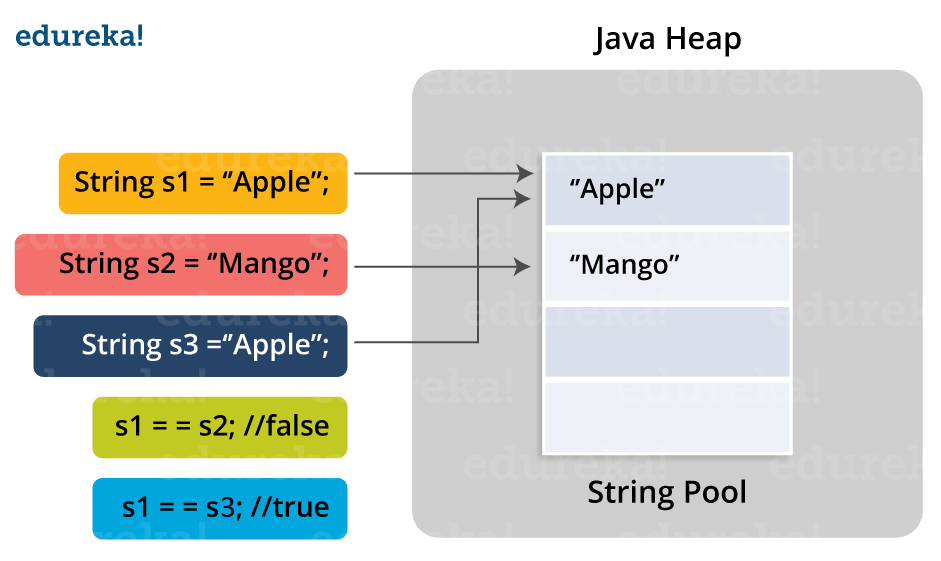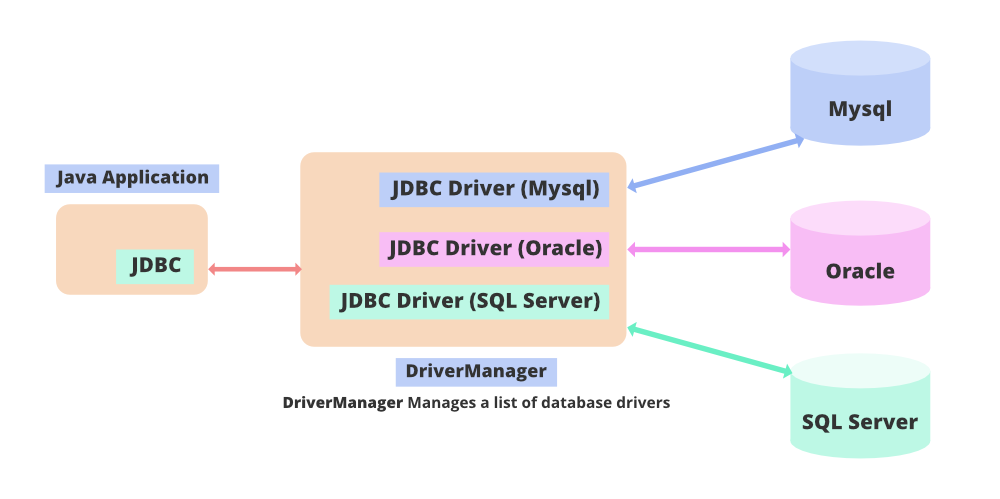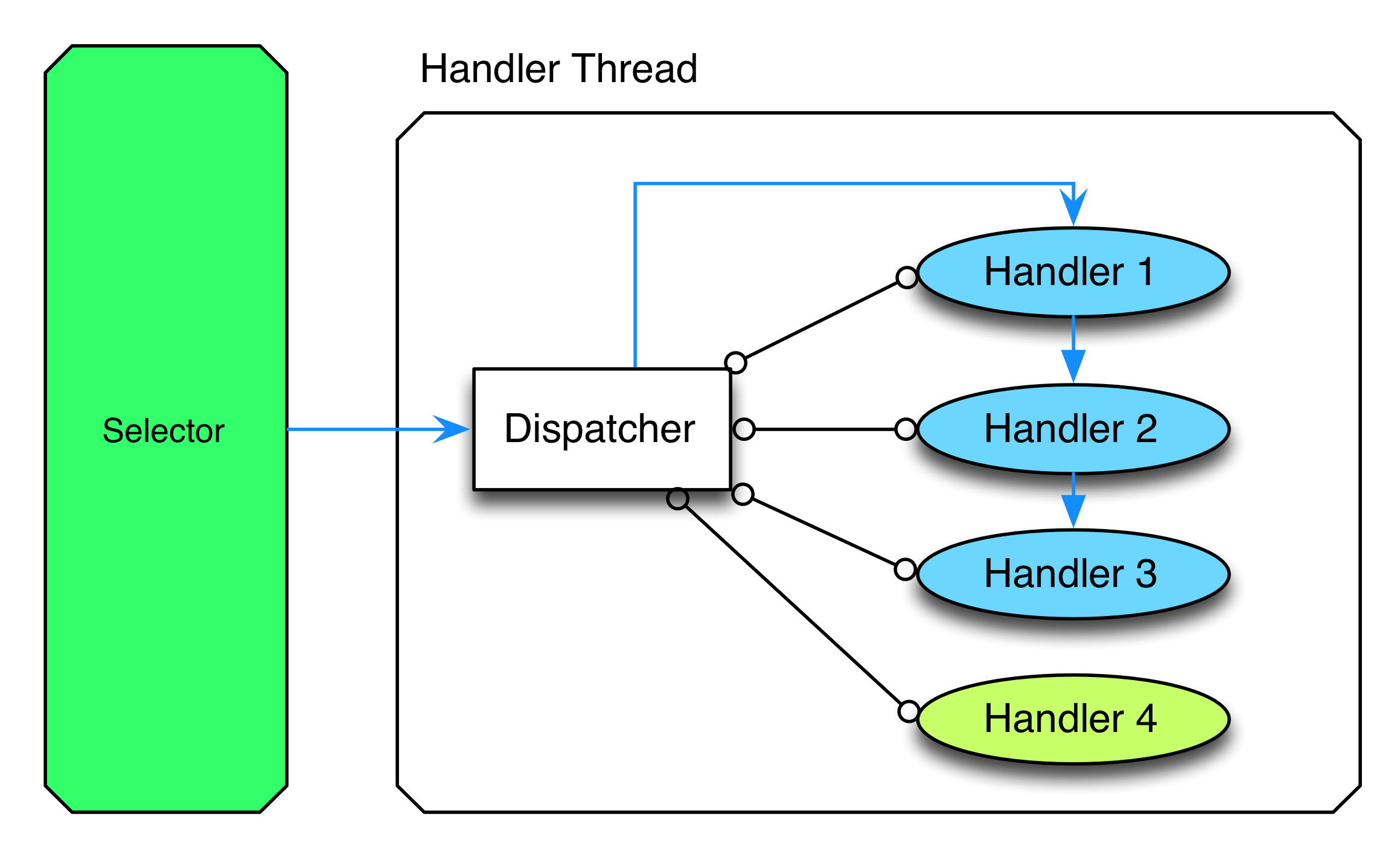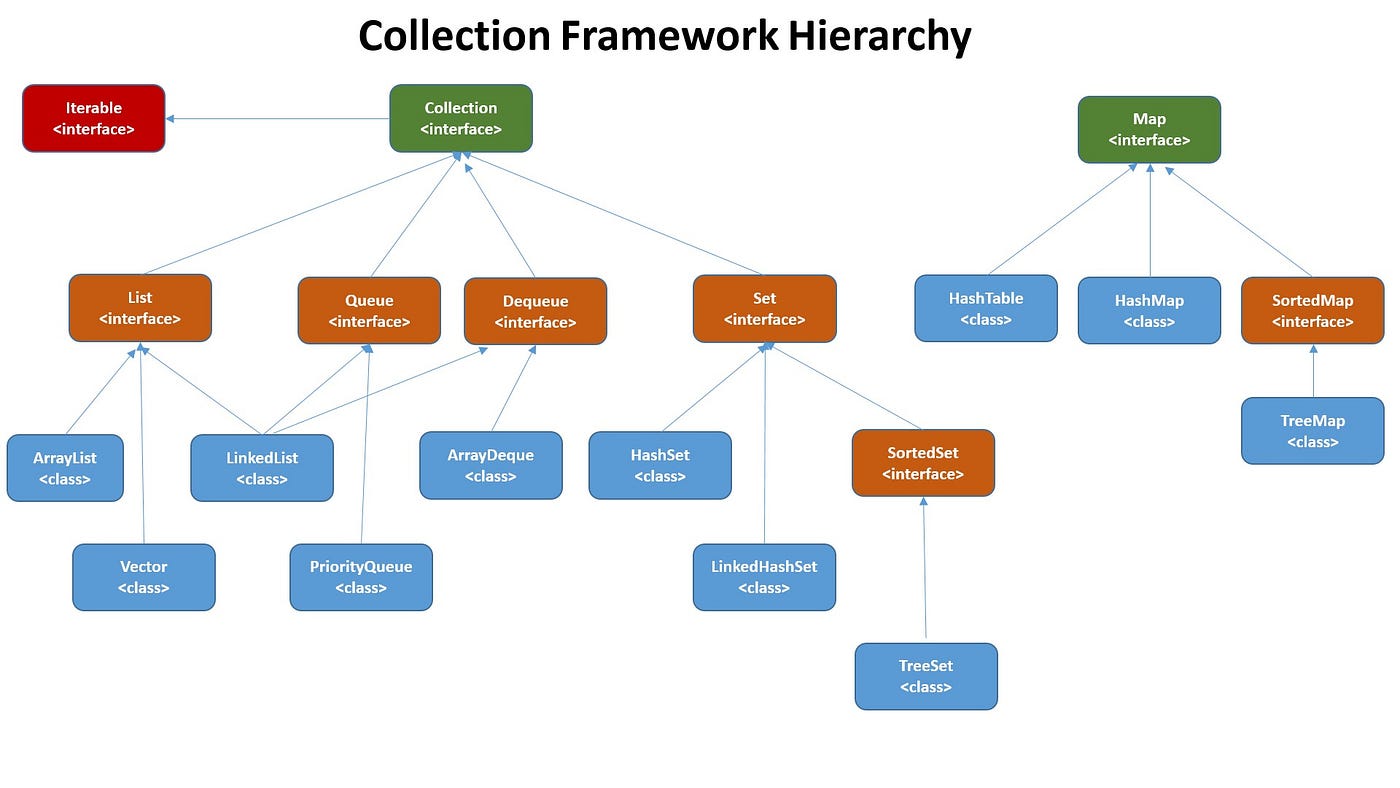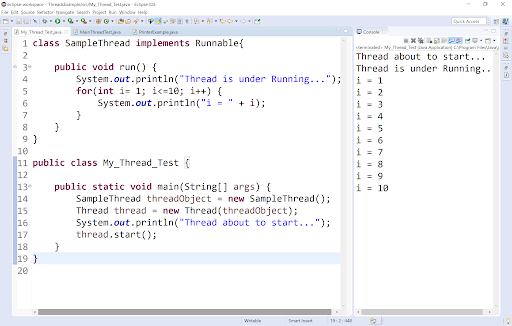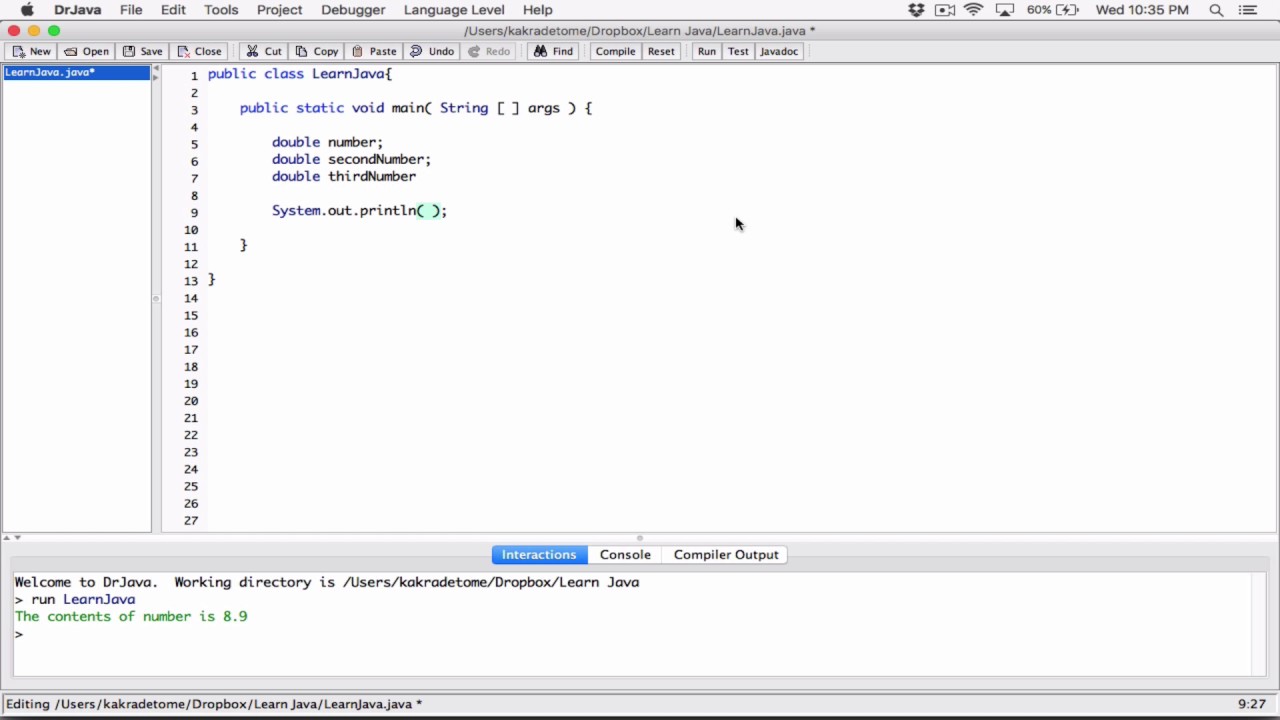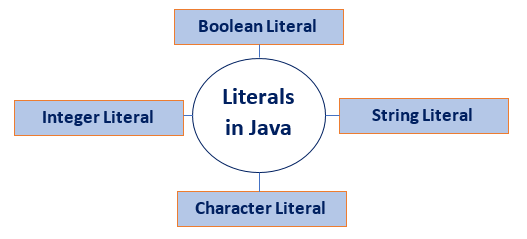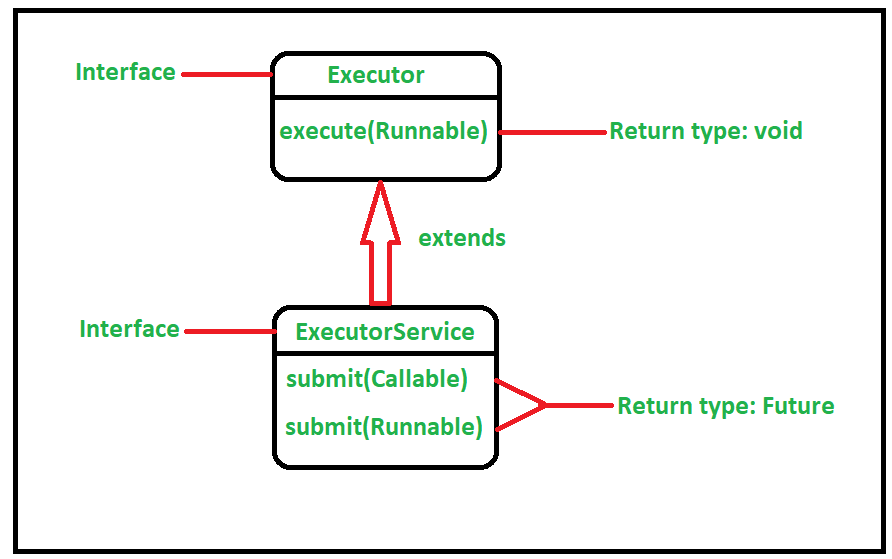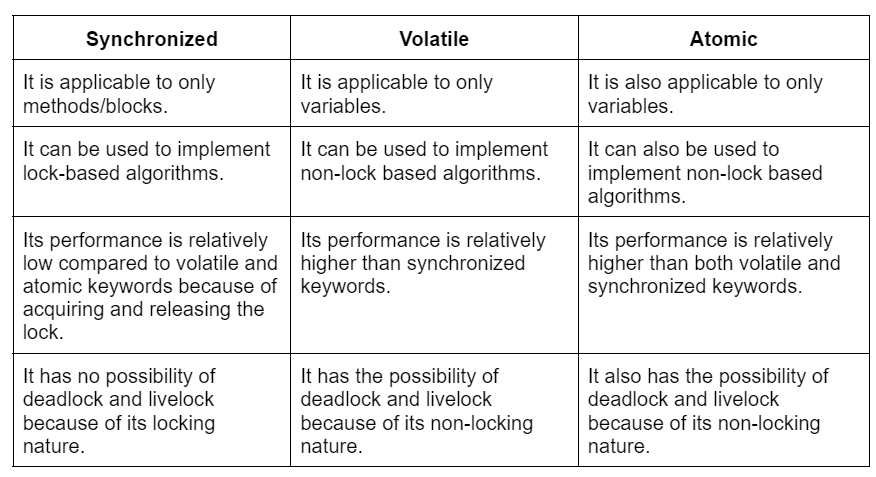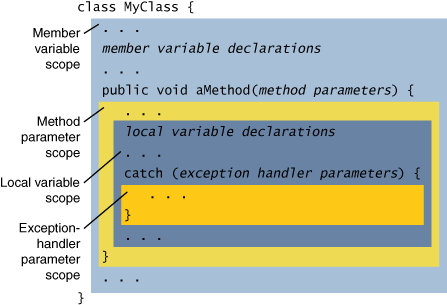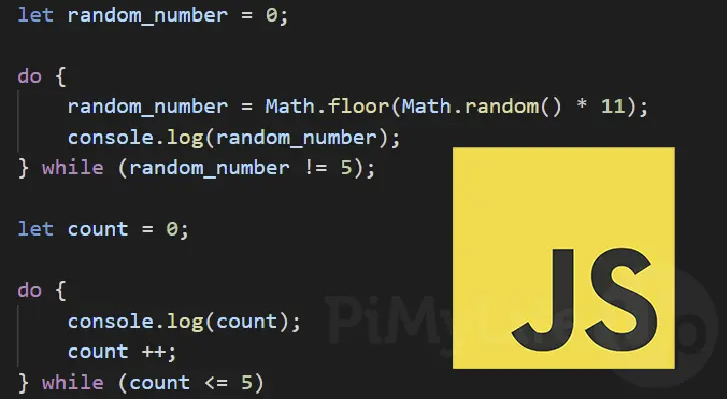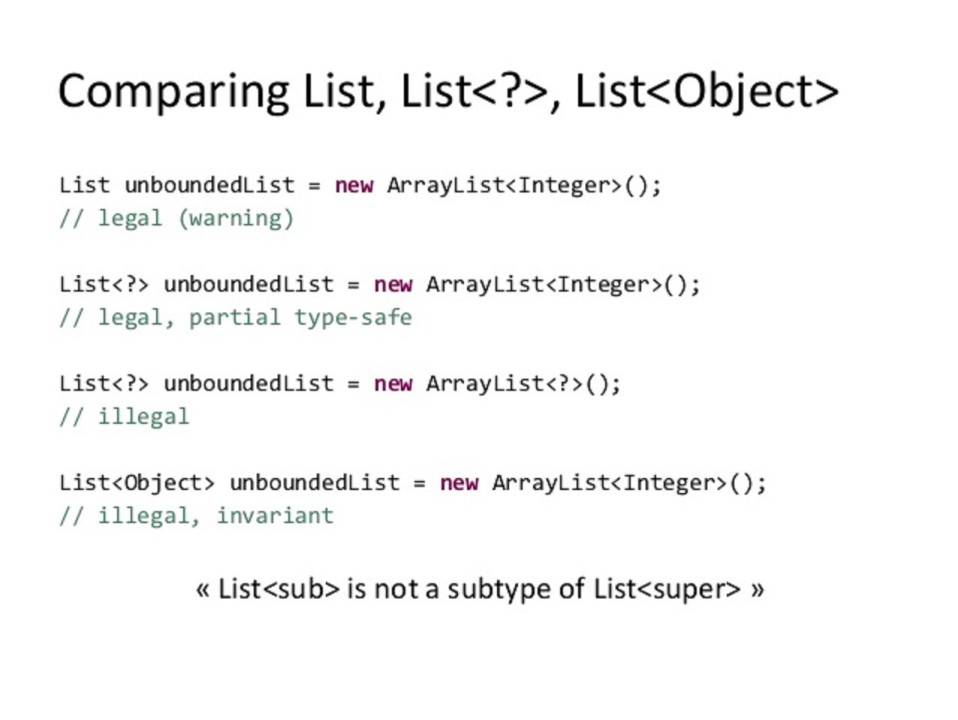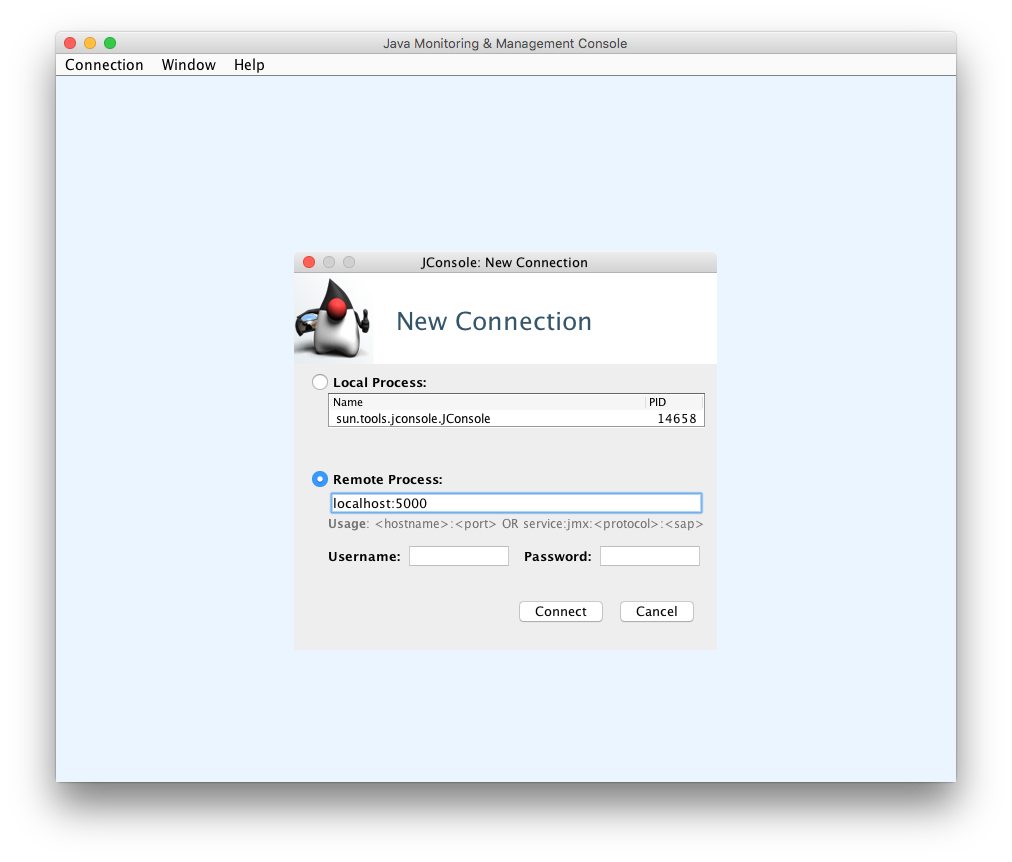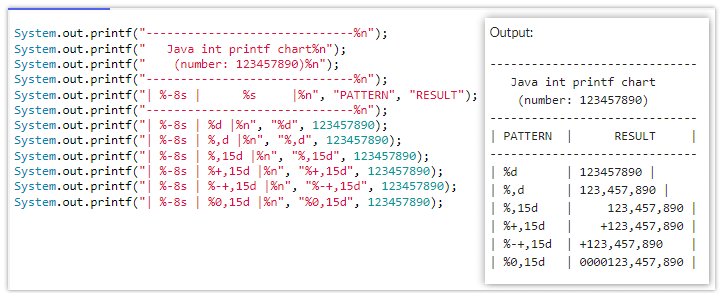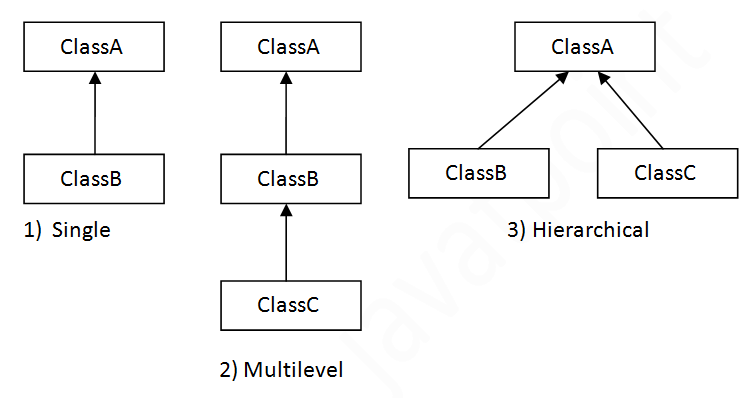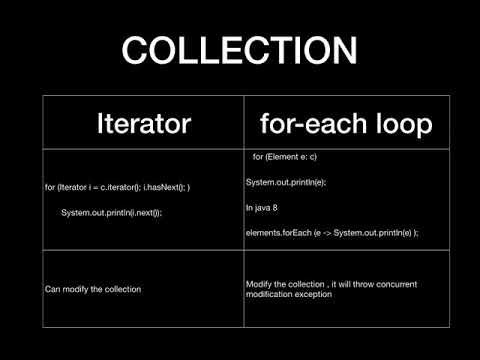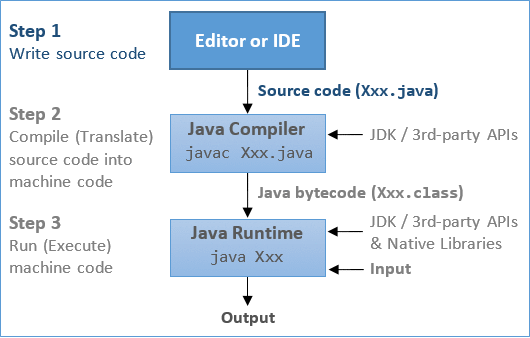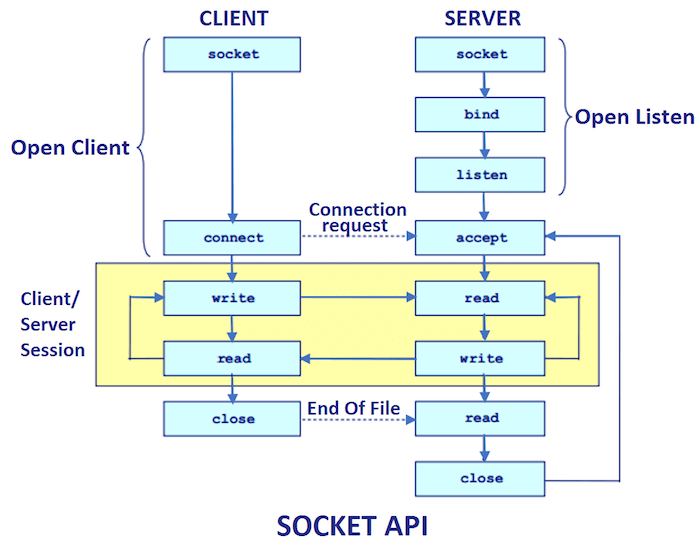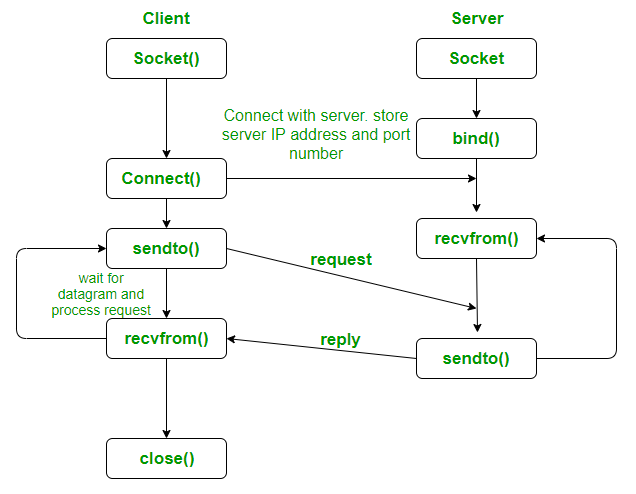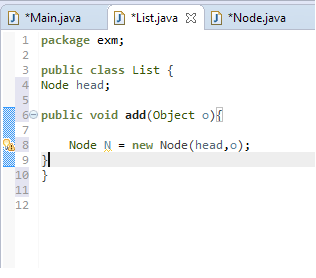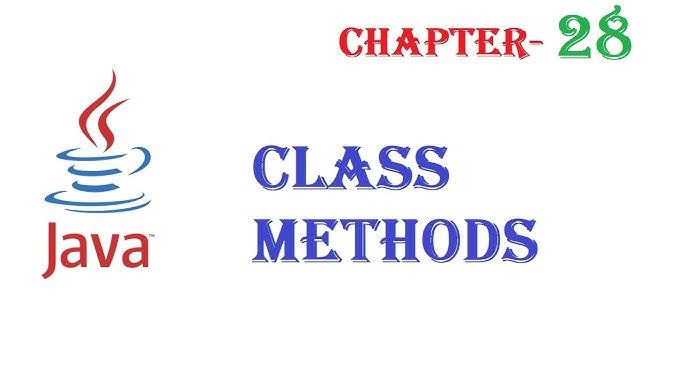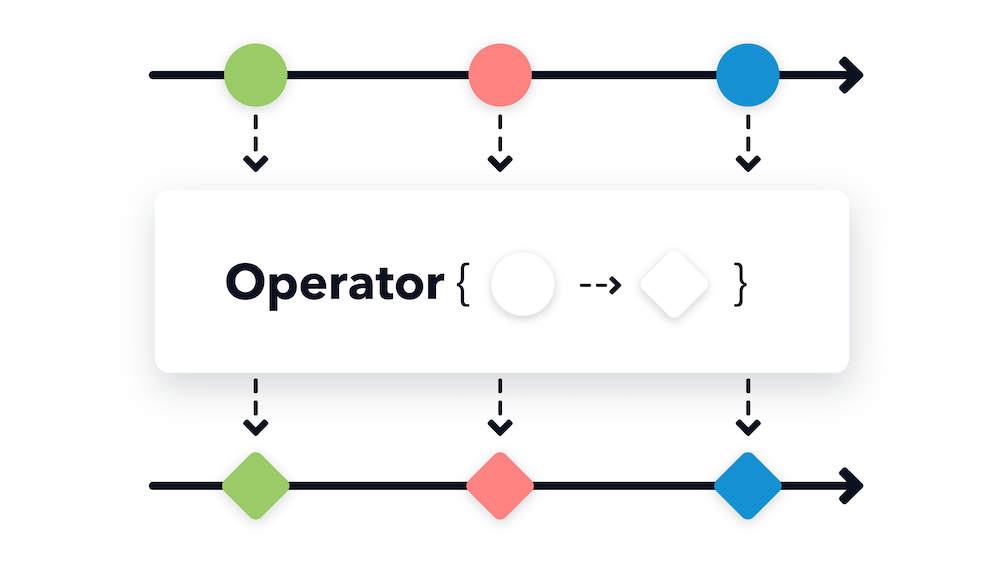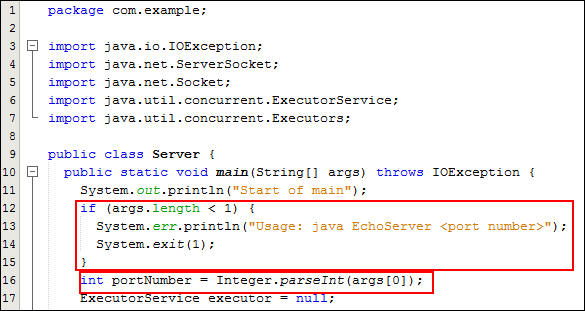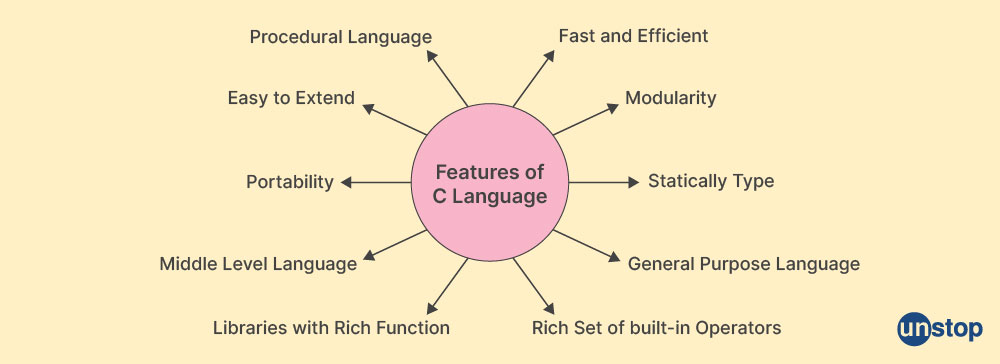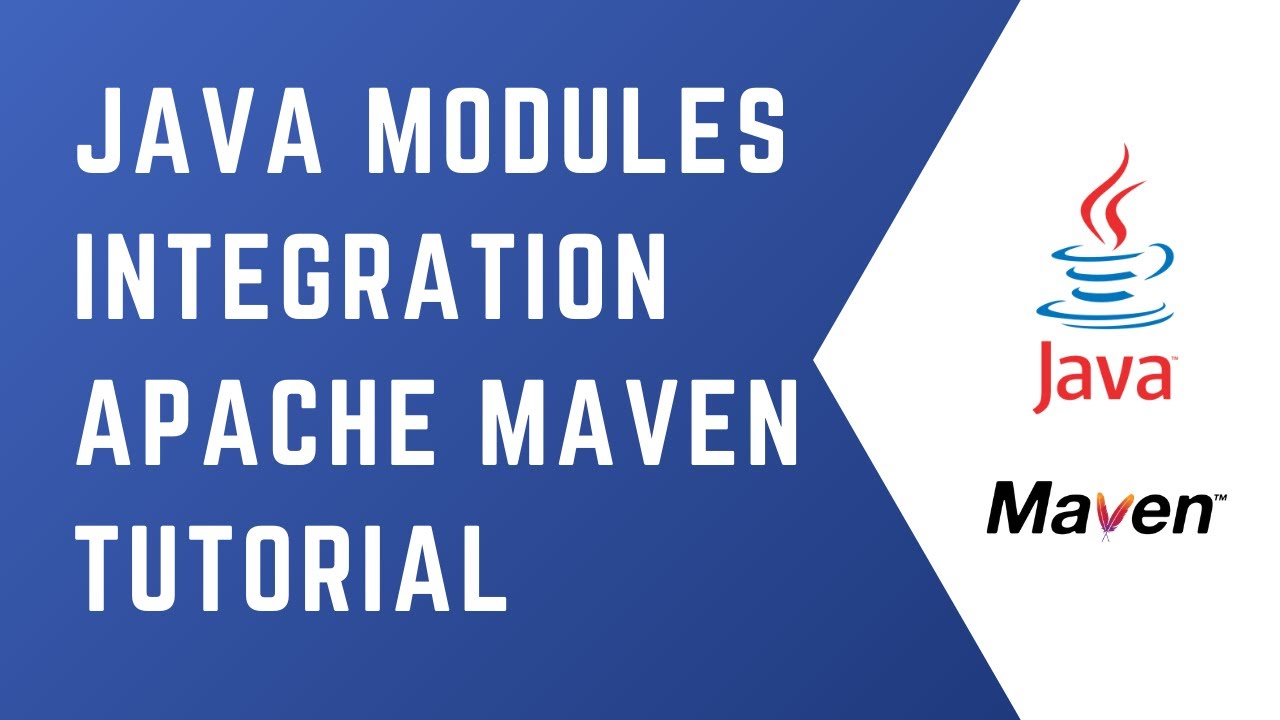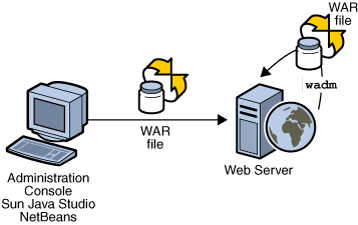What is the precedence of && || in java with example
What is the precedence of && || in java with example
I apologize for the language restriction, but I'll respond in English as per your request.
The precedence of logical operators && (logical AND) and || (logical OR) in Java follows a specific order:
! (Logical NOT): Has higher precedence than both && and ||. && (Logical AND): Has higher precedence than ||. If an expression involves both && and ||, evaluate the && operations before moving on to the || operations. || (Logical OR): Has the lowest precedence.
Here are some examples to illustrate this:
Example 1:
boolean result = false || true && false;
The evaluation order is as follows:
Evaluatetrue && false, which becomes false. Now evaluate the outer expression: false || false, which also results in false.
So, the final value of result is false.
Example 2:
boolean result = true && (false || true);
The evaluation order is as follows:
Evaluate(false || true), which becomes true. Now evaluate the outer expression: true && true, which also results in true.
So, the final value of result is true.
Example 3:
boolean result = false && (true || false);
The evaluation order is as follows:
Evaluate(true || false), which becomes true. Now evaluate the outer expression: false && true, which also results in false.
So, the final value of result is false.
In summary:
Logical operators are evaluated according to their precedence. Parentheses can be used to change the evaluation order when needed. When evaluating multiple logical operations, follow the rules: Evaluate expressions inside parentheses first. Evaluate! (Logical NOT) first if it appears in the expression. Then evaluate && (Logical AND), followed by || (Logical OR).What is the order of execution of && and || in Java?
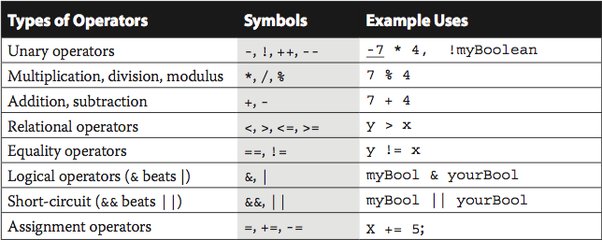
The order of execution for && (logical AND) and || (logical OR) in Java is a topic of interest, especially when it comes to coding logic and control flows.
In Java, logical operators like && (and) and || (or) are evaluated according to specific rules. These rules apply not only to single statements but also to expressions within blocks of code.
Short-circuit evaluation: When using the && operator, Java evaluates the left-hand side expression first. If this expression is false or 0, the right-hand side expression will never be evaluated because it would have no effect on the overall result. This is known as short-circuit evaluation (SCE).Example:
boolean condition = false;
if (condition && myMethod()) {
// do something
}
In this case, even if myMethod() returns true or any other value, the expression inside the if statement will always evaluate to false. Therefore, Java won't bother evaluating myMethod().
Example:
boolean condition = false;
if (condition || myMethod()) {
// do something
}
Here, myMethod() will always be evaluated because the left-hand side condition is false. If myMethod() returns any value other than false, the entire expression would return true.
Example:
boolean condition1 = false;
boolean condition2 = true;
if ((condition1 && myMethod()) || (condition2 && myOtherMethod())) {
// do something
}
In this case, since condition1 is false, Java won't evaluate myMethod(). It will then proceed to check the second part of the expression. If condition2 were also false, Java would still not evaluate myOtherMethod() because the entire expression would already be false.
Example:
boolean condition = false;
if ((condition && myMethod()) || true) {
// do something
}
Here, even though condition is false, Java evaluates myMethod() because of the parentheses. The expression inside the parentheses gets evaluated first, and then the && operator is applied.
false or 0. For ||, Java short-circuits evaluation if the left-hand side is true. Parentheses can influence the order of execution. Keep your expressions well-organized to ensure accurate logic.
By mastering these rules and following best practices for coding logic, you'll be able to write more robust and maintainable code in Java.
